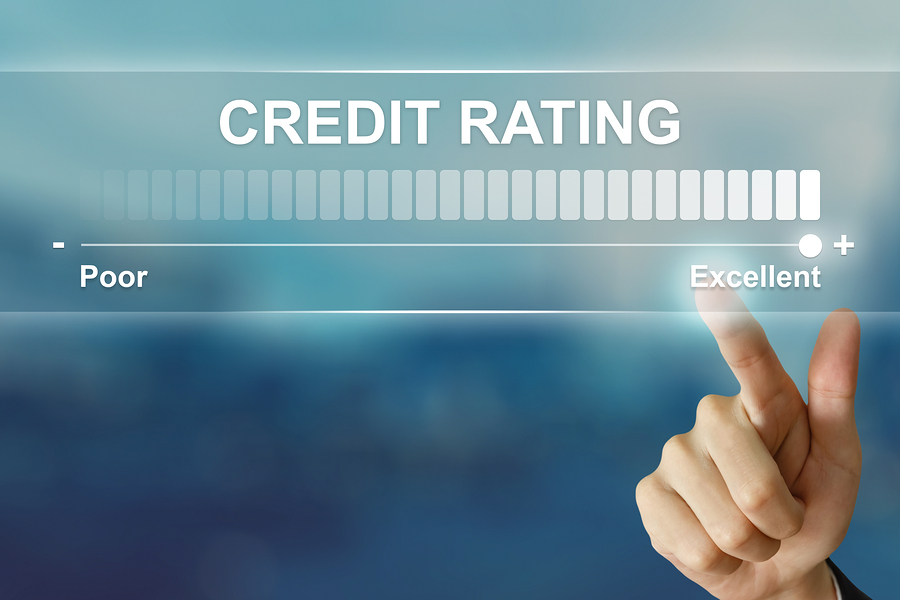As we just posted last week in an article titled Fact or Fiction: There is no difference between suppliers, there can be significant differences between suppliers that will result in meaningful price differences when you get quotes from various suppliers.
There can be a whole range of reasons for those differences, like:
- Supplier risk appetite
- Supplier creditworthiness
- Your creditworthiness
- Supplier analysis of your usage or cost
- Supplier’s view of how competitive your process will be
- Contract terms and language
Just to recap from that article…
What is the same between electricity suppliers?
Most suppliers use basically the same price forecast (or forward curve) for valuing the cost of power as they build up your electricity price.
Most suppliers use essentially the same pricing model, to transform your usage and supply forecast into a retail price. They all typically evaluate risk in the same way and view the important risk premiums more or less the same way.
These two shared approaches are important. It means that there aren’t typically drastic differences between suppliers in the mechanics and algorithms of pricing.
So, why would I get very different prices from 3 or 4 different suppliers?
Reason 1: Creditworthiness of the retail supplier.

Whenever a retail supplier (also known as an ESCO in NY State) extends a fixed price offer to you, the buyer, that retail supplier has to ensure that it can acquire the power in the forward market for that same term. So if you are asking for a price for 2018 to 2019, the only proper way to manage that commitment is for the supplier to know that they can also buy that power for that term from the wholesale markets. In order for suppliers to buy components of your costs in forward markets, they need to have the balance sheet (meaning, significant net assets) or the credit support (usually purchased from a big bank or insurance company) to do so. Wholesaler suppliers that sell to retail companies need to get comfortable that if the market moves significantly, the retail supplier will have the credit support (i.e. deep pockets, lots of cash, etc.) to make good on that purchase. Providing credit support to a wholesale supplier is how the retail companies gain the trust and comfort of the wholesale supplier.
The credit support provider acts kind of like your mom or dad co-signing your mortgage or student loan. If you fail, they’re on the hook to step in.
OK, so why does creditworthiness or credit support matter? Credit support is expensive, as are holding a lot of net assets on your balance sheet. Credit support in particular is more expensive for newer and smaller suppliers than it is for larger, more established suppliers. It can even be unavailable to smaller suppliers. As a result, some smaller suppliers may not have the financial wherewithal to develop fixed price products for you or, if they are able to provide you with a fixed price, they may end up adding significant margin to the offer to protect them against certain risks. This is margin that a larger, more creditworthy supplier wouldn’t have to include in your price. These credit-related differences between suppliers become particularly significant the farther out your product request goes (i.e. if you are asking for a product that begins a year from now, or if you are requesting a particularly long term).
How much might that cost me? Suppliers may add as much as $0.002 to $0.003/kWh to compensate for poor credit and/or to ensure that they have covered any additional credit risk they may have taken on your behalf to extend a fixed price offer to you.
There may be other advantages to working with smaller suppliers. Often, they are more flexible and can come up with better products to suit your needs. They may be faster to respond to your service requirements. They may be easier to work with in many respects. But in this significant area of retail supply, smaller is not better.
Our next article will cover another important difference between suppliers that can impact your pricing: supplier contract terms.
Bottom line for buyers and finance decision makers: Make sure you understand the limitations of the suppliers you’re dealing with on a pricing request. Make sure you have a good variety of suppliers (small, large, seasoned and new to the game) so that you can make an informed decision about what you care about most.
MWh is launching a new program that will provide more detailed inside information like this to energy buyers, finance decision makers and facilities managers. Let us know if you’d like to be one of the first to hear about the MWh University information program.
[maxbutton name=”MWh University”]
